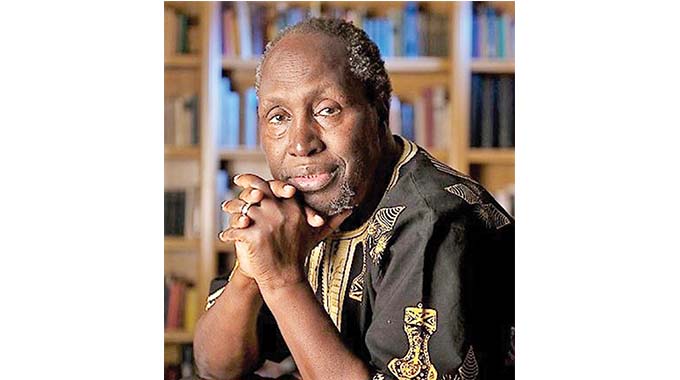The lockdown creative writing challenge: The power of reading

Christopher Mlalazi
In one of our previous instalments of this column, we briefly touched on the power of reading books. We will make this our point of discussion this week, as we continuously seek ways to advance and improve our story manuscripts in the Lockdown Creative Writing Challenge.
As always, we hope that you are writing hard, and are seeing a light beginning to shimmer at the end of the long tunnel of your concept.
As creative writers, we deal with stories every day, and not only just that, but also how to tell them in new and captivating ways for our envisaged readers.
But in order for us to tell the stories, we must also know have a deep knowledge of them, how they work and are presented, and this is where reading books from other writers comes in.
While there are other formats where we can get to learn about stories, for example in storytelling, theatre, poetry slams, or the movie, our focus will be on the hard cover, as that is the matter in hand for us.
The creative writer must be an avid reader, and there are various ways one can read a book.
We all start by reading them for entertainment, and then as we go to school, we begin to read them for learning purposes, which gradually scales to reading them to develop critical thinking skills and also to learn about the goings-on in the world around us, and through fiction.
If one is reading a book with the intention of learning how to write one too, we attempt to dismantle it, breaking it down into its various parts that make up the whole, and this is what we have been attempting with the previous instalments of this workshop, and which we will continue doing so.
But is there any enjoyment in reading a book like this, I mean, reading it with the intention of trying to break it down, just like one would take apart a clock just to try to see how it ticks?
Mhhh — it all depends. There are those among us who enjoy doing that, and actually get entertained by the act, as it reveals to us what we are trying to do with our own stories which we are trying hard to construct.
Dismantling the structure of a book does not have to be done with its first read. Rather, one can read the book, enjoy it, put it aside, and then meditate on how it was written, what you think works in it, what doesn’t, and any other tricks you might have noticed the other writer executing.
Most of us have favourite writers whose books we hunt high and low for, and there might be several things that attract us to them, but chief among them is what we refer to as the writer’s voice.
It’s the same with music, there are some musicians whose voices we just can’t get enough of.
Maybe you might not have known that you are attracted to a particular writer by their voice, but such is the case, and this is one of the magic tricks of writing stories and getting a followership.
Developing a distinctive voice in your stories, that is the writers voice, and not that of your characters, is a skill that takes time, and difficult to achieve with the first few stories that you produce.
I want to write like Ngugi wa Thiong’o, an aspiring writer might think, and in this thought you are singling out his voice.
Let us also look at this. A child learns to speak by imitating its parents, or caregivers, and eventually that assists in developing the ability to speak that all human beings are inherently born with.
This works too in learning how to write stories. One might decide to start by imitating a favourite writer, and this also entails reading more work from them.
This is also the way that visual artists teach themselves to paint, by first imitating the works of masters, and then gradually weaning themselves off this breast to paint in their own styles.
One can say I am going to write a story like Ngugi wa Thiong’o, and this must not just stop with thinking about it, but one must actually get down to it, but using your own storyline.
This will also require employing that strategy until you reach a saturation point, and then voila, one day you have your own voice and are writing your own unique stories and are being celebrated as a writer!
We will end here for today, please stay safe, and stay writing!












Comments